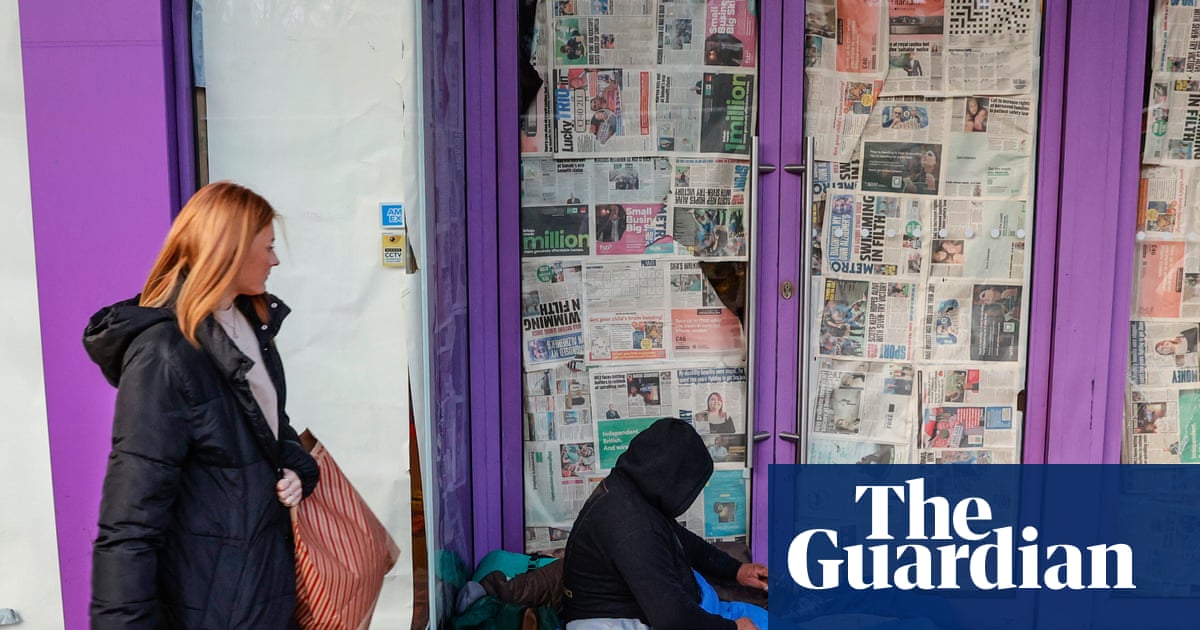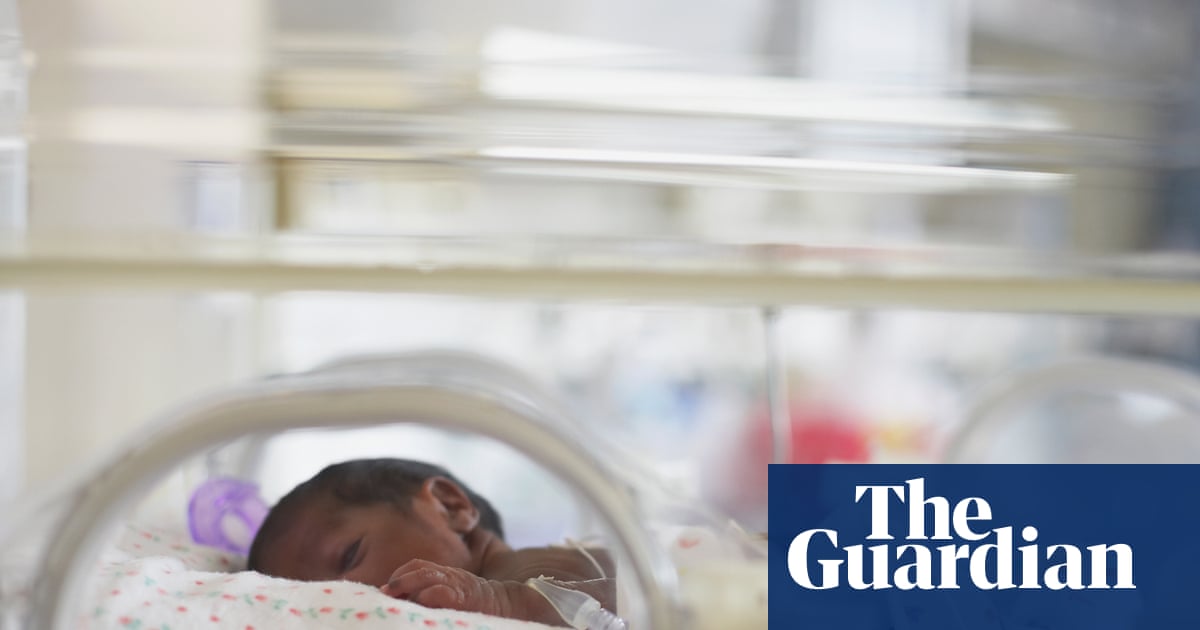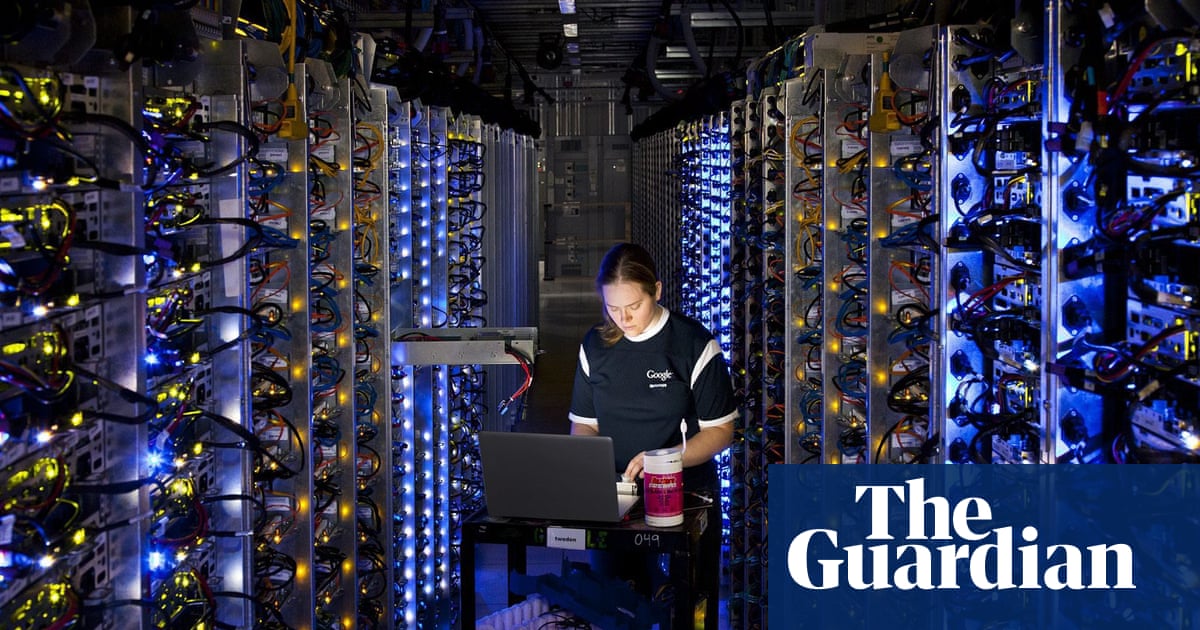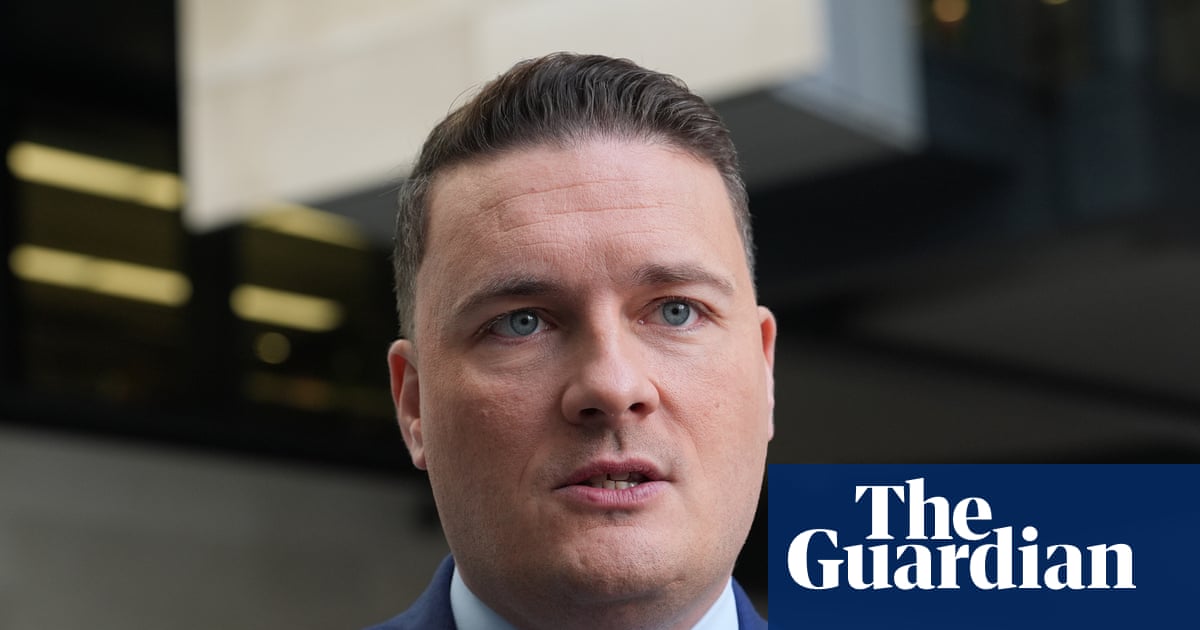UK inflation unexpectedly rose in June driven by motor fuel prices and food, according to official figures, underscoring the challenge facing the chancellor, Rachel Reeves.
The Office for National Statistics (ONS) said the consumer prices index rose by 3.6% last month, up from a reading of 3.4% in May. City economists had forecast an unchanged reading.
Richard Heys, the acting chief economist at the ONS, said: “Inflation ticked up in June driven mainly by motor fuel prices which fell only slightly, compared with a much larger decrease at this time last year.
“Food price inflation has increased for the third consecutive month to its highest annual rate since February of last year. However, it remains well below the peak seen in early 2023.”
The rise comes as Labour faces intense scrutiny over its economic management after two months of negative growth and with speculation mounting over tax rises.
Reeves sought on Tuesday to shrug off Britain’s anaemic growth performance at her Mansion House speech, telling City bankers she would slash red tape to help reboot the economy.
The UK’s annual inflation rate has risen this year after dramatic increases in water bills, energy costs and council tax – complicating the Bank of England’s approach to cutting interest rates.
The latest snapshot showed motor fuel prices fell by 9% in the year to June 2025, compared with a drop of 10.9% in the year to May. Because prices fell by less than a year earlier, this contributes to pushing up the annual inflation rate.
Average petrol prices fell by 0.5p a litre between May and June 2025, compared with a larger fall of 3p between the same two months a year earlier.
The average price stood at 131.9p a litre in June, down from 145.8p a year earlier. Diesel prices also fell less sharply than a year earlier, with a decline of 0.6p a litre between May and June 2025, compared with a drop of 4.8p a year earlier. The average diesel price stood at 138.5p a litre in June, down from 151.5p a year earlier.
Mel Stride, the shadow chancellor, said Labour’s tax decisions were adding to pressure on households. “This morning’s news that inflation remains well above the 2% target is deeply worrying for families.”
after newsletter promotion
However, concerns are growing over the strength of the UK economy amid a slowdown in the jobs market and as Donald Trump’s erratic trade war weighs on the global outlook.
Threadneedle Street has cut its base interest rate four times in the past year, most recently in May, to 4.25%. This has eased some of the pressure on mortgage holders after borrowing costs were ramped up in response to inflation reaching a peak of 11.1% in late 2022.
City investors expect at least two further quarter-point cuts this year, with financial markets anticipating the next reduction at the Bank’s August policy meeting.

 3 months ago
69
3 months ago
69

















































